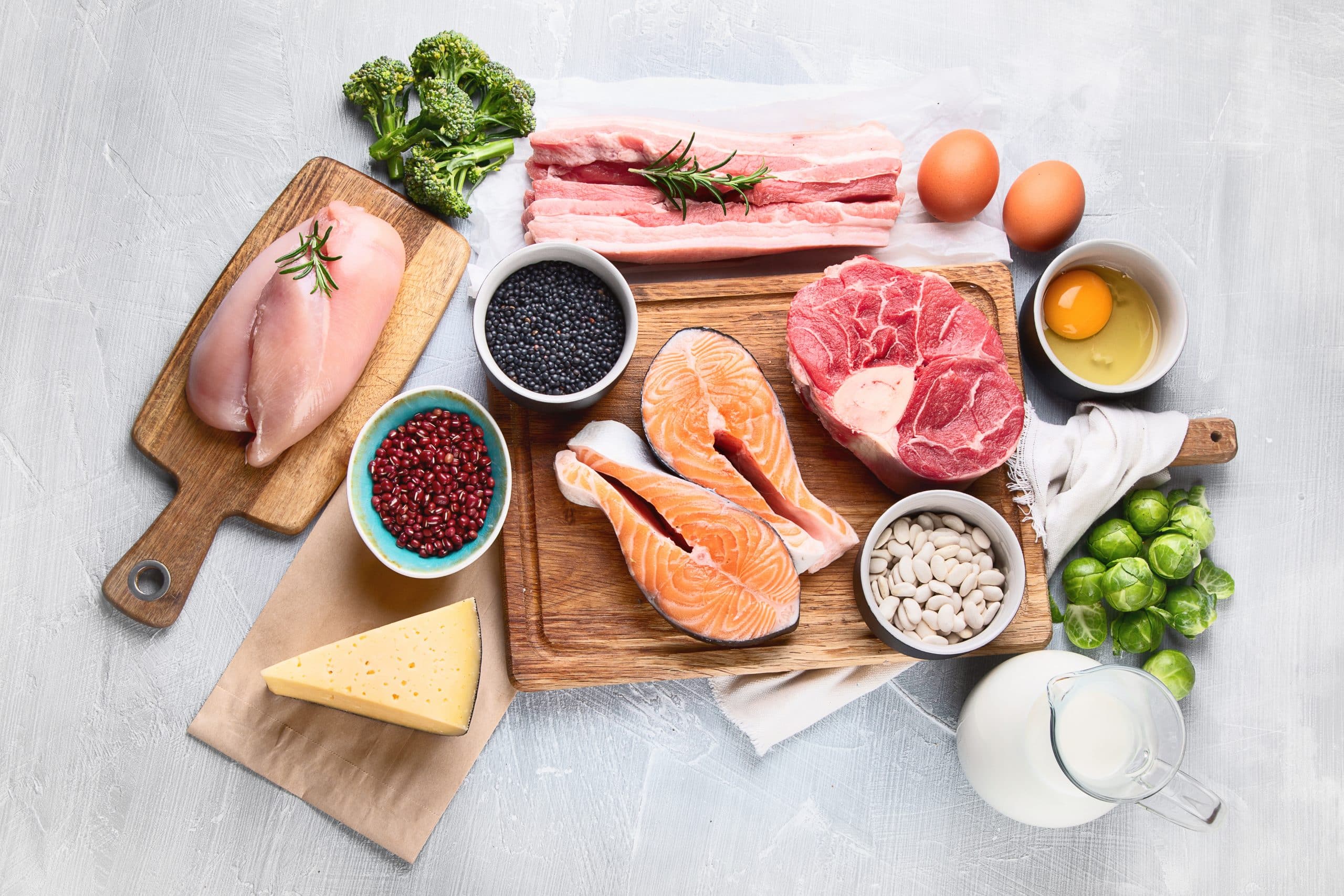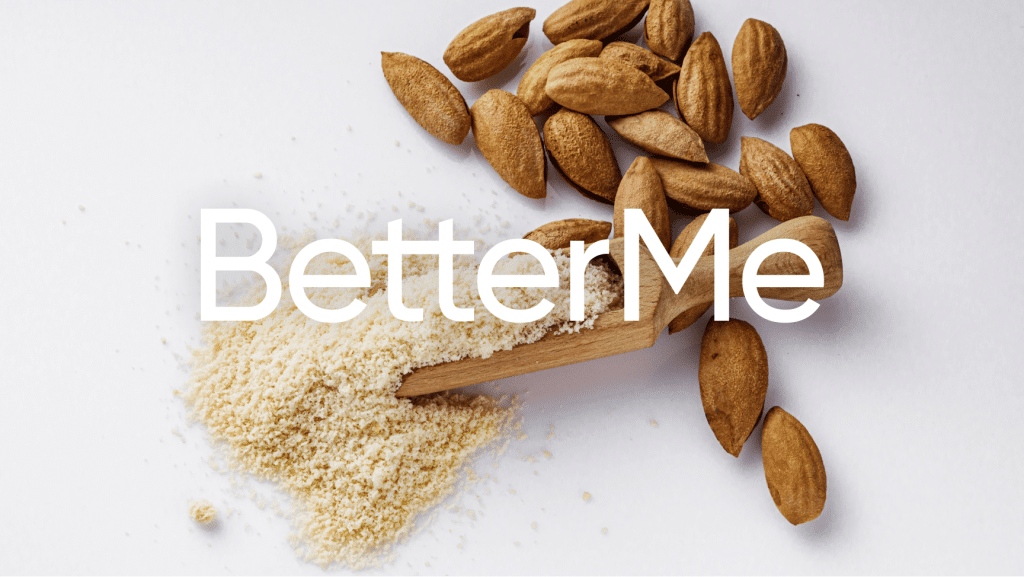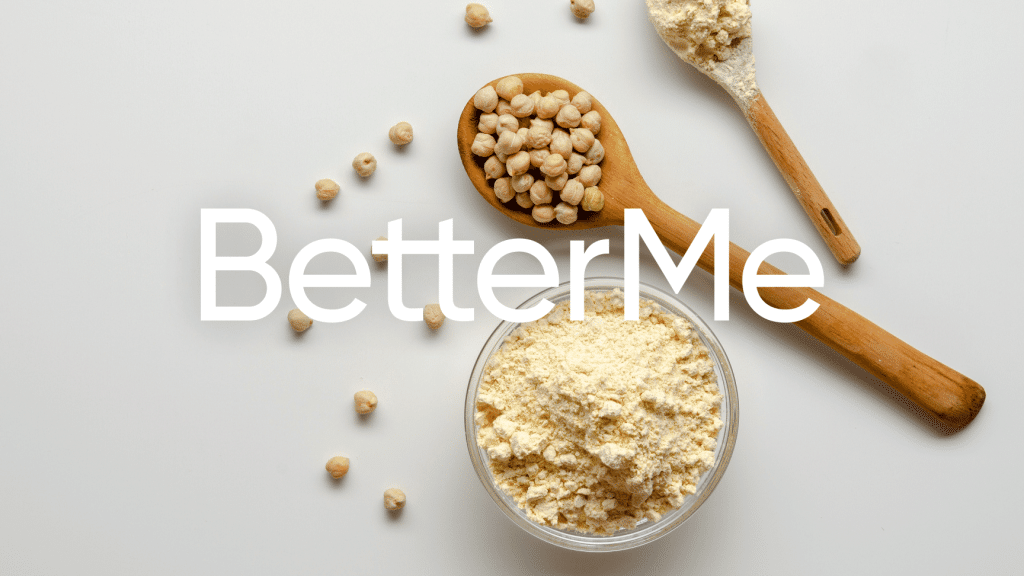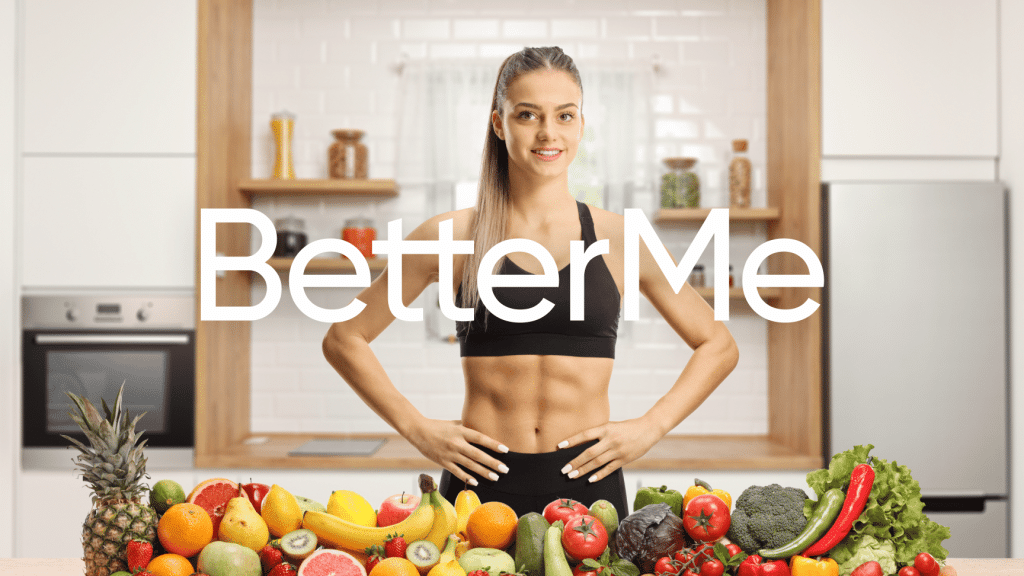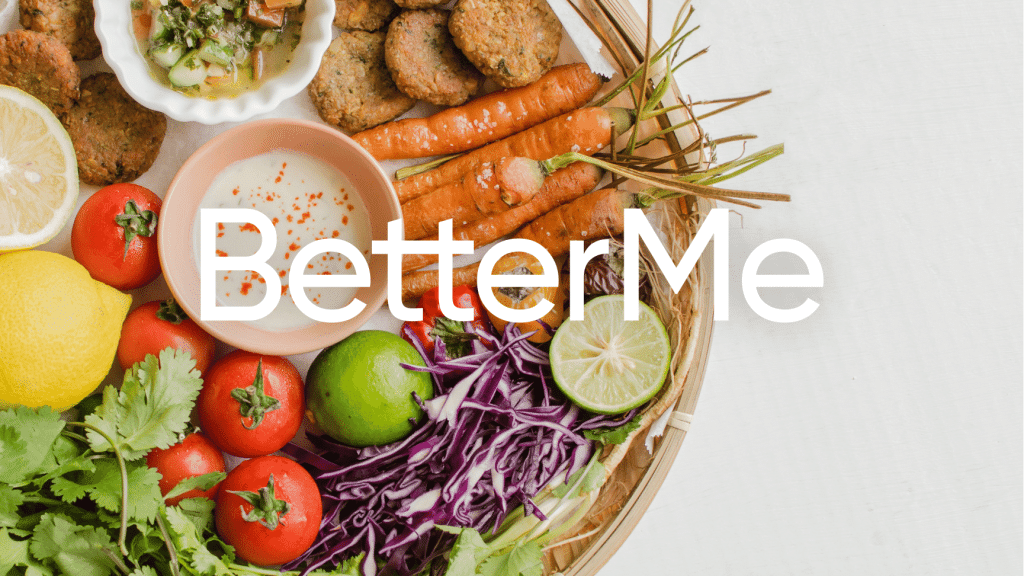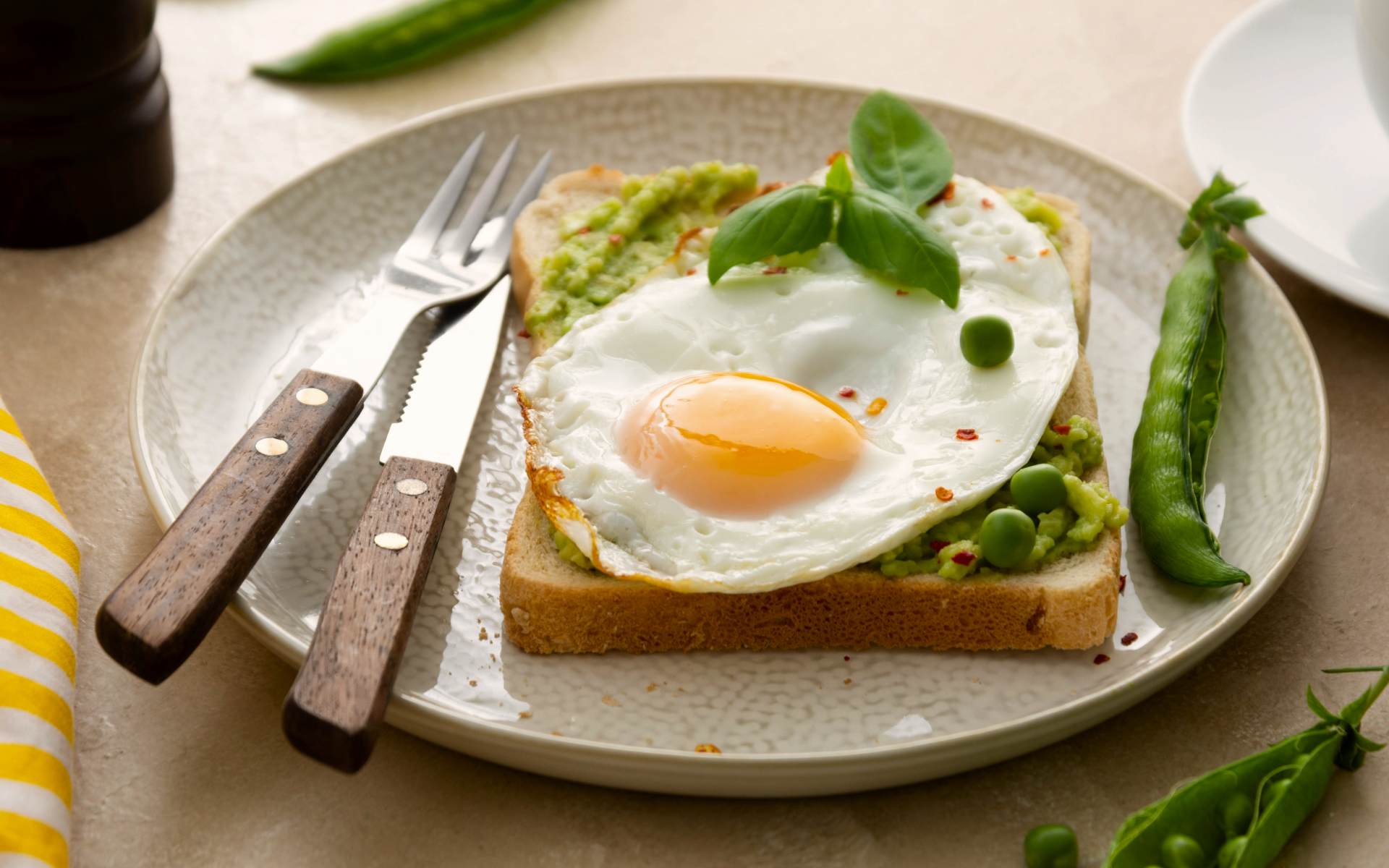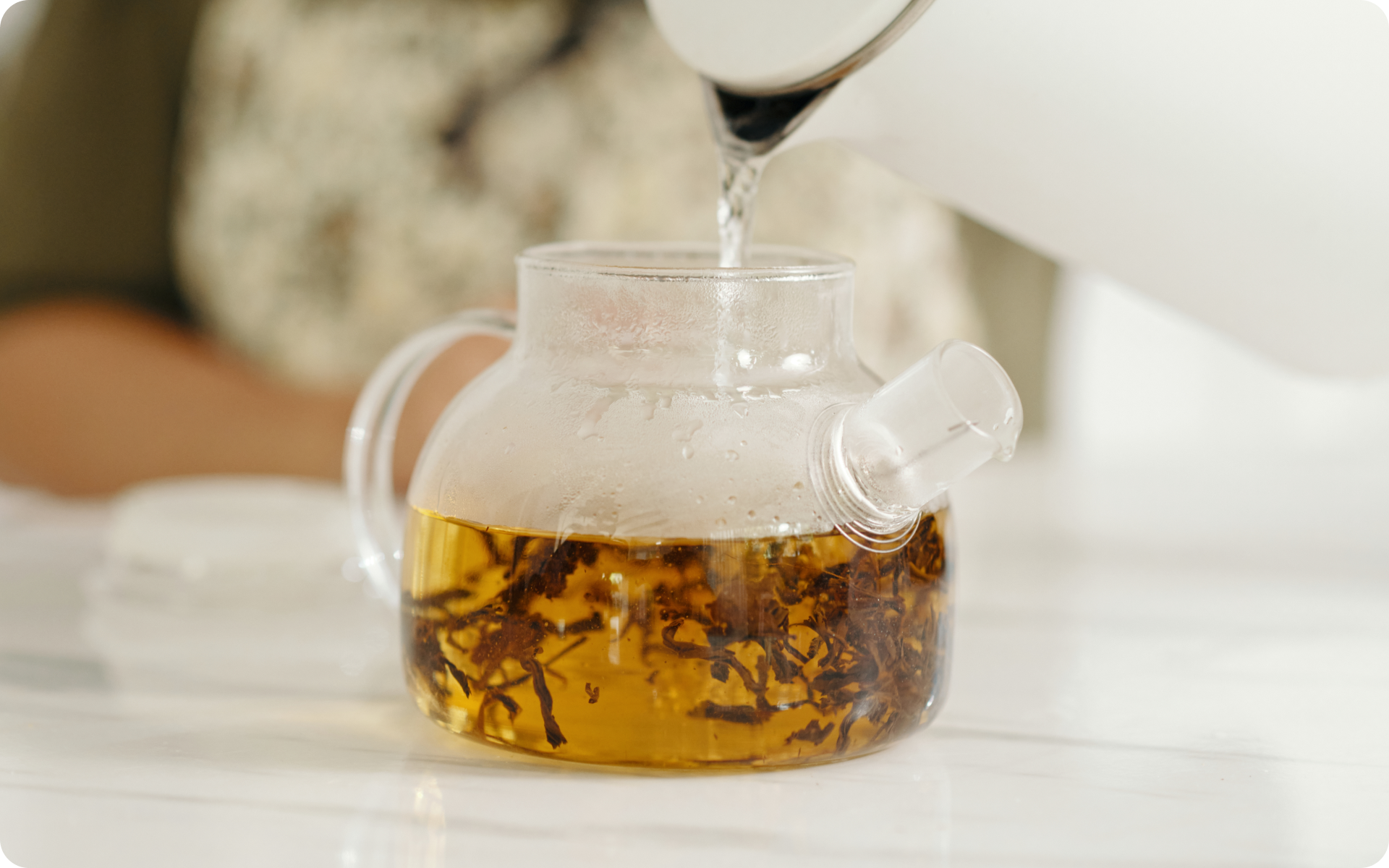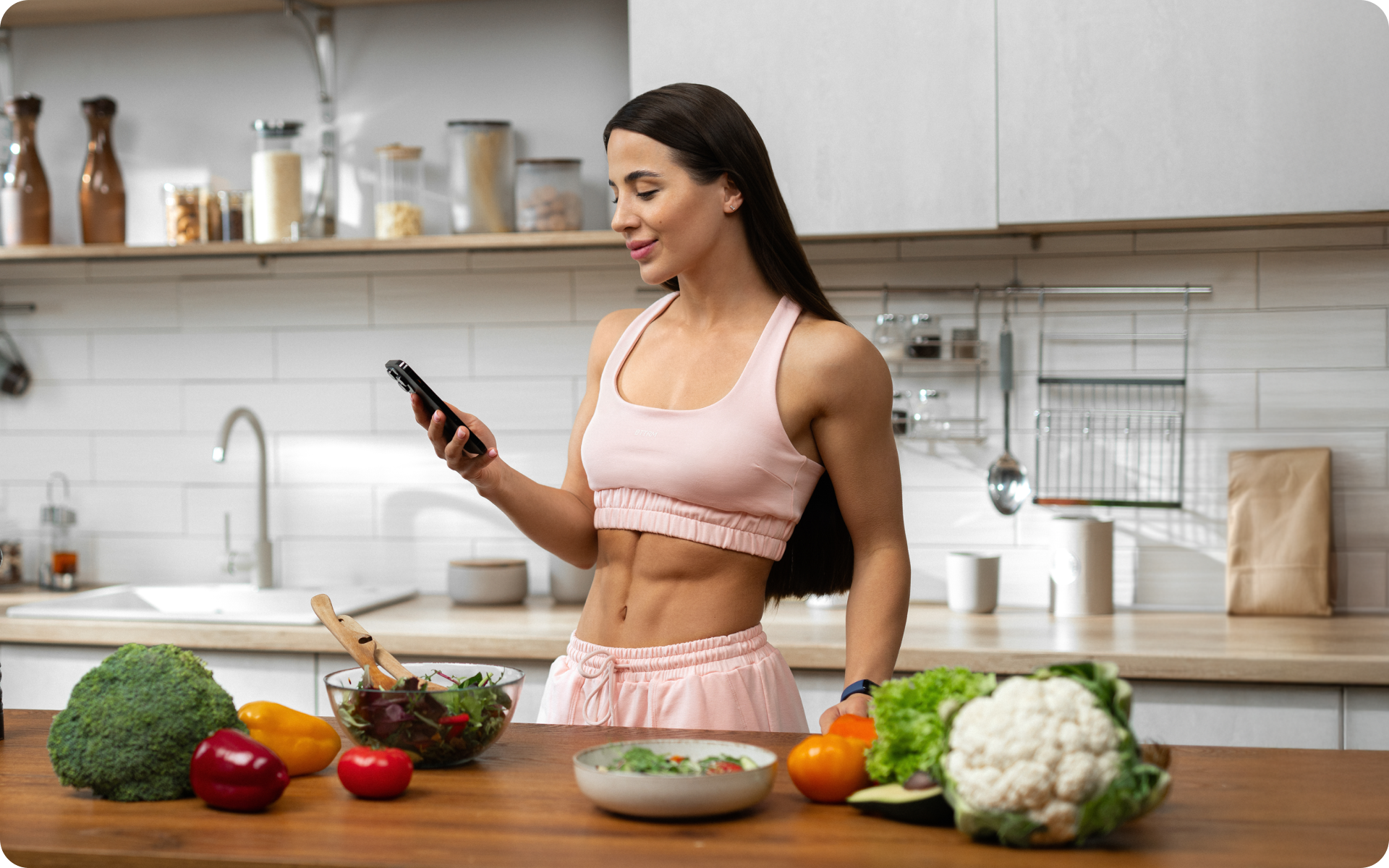You know what’s not funny? Having the appetite of the Hulk but the muscle mass of a garden gnome. We all want to get stronger, fitter, and healthier, but getting the fuel to achieve those goals can be tough. That’s where high-protein foods come to the rescue! If you’re looking to build muscle, you need a diet that helps you pack on lean muscle mass while keeping fat at bay. The International Society of Sports Nutrition (ISSN) recommends that athletes should get 1.4 to 2g of protein per kilogram (2.2lb) of body weight per day for optimal performance. Luckily, the range of high-protein foods available is vast and varied – from lean meats to plant-based proteins and dairy. All of them can help you meet your protein needs for muscle building. Here’s a look at the top high-protein foods that should be part of your diet.
Does Eating A Lot Of Protein Help You Gain Muscle?
According to research, a diet with an increased protein intake can help you build or maintain muscle mass (4). Eating sufficient amounts of protein helps your body create new proteins and repair damaged muscle fibers. The protein in your diet also acts as fuel for muscle growth and maintenance.
The minimum recommendation for protein intake for healthy people is 0.8g per kilogram of body weight, or 0.36g per pound. However, if you’re aiming to build muscle, one review suggests that athletes should get 1.6 to 2.2 g of protein per kilogram (2.2lb) of body weight per day for optimal muscle growth (9).
Additionally, you’ll need to make sure you’re eating enough calories overall, as well as getting adequate amounts of fat, carbohydrates and micronutrients.
What Are The Best High Protein Foods For Muscle Building?
Below are 20 of the best high in protein foods for muscle building:
1. Greek Yogurt
Greek yogurt is a superfood when it comes to building muscle (8). Not only is it packed with protein, but it is also low in calories, fat, and sugar. A typical serving of Greek yogurt contains about 17 grams of protein, which is almost double the amount of protein found in regular yogurt. Greek yogurt is also a great source of calcium and probiotics, which can promote digestion and keep your gut healthy.
2. Chicken Breast
Chicken breasts are one of the leanest and highest protein meats available. It contains about 31 grams of protein in a 100-gram serving. Not only is it high in protein, but it also contains essential nutrients such as vitamin B6, niacin, and phosphorus (12).
In addition to being a great muscle-building food, a chicken breast is also low in fat and calories, making it a popular choice for people who are trying to lose weight or maintain a healthy diet.
Read More: The Newbie’s Guide To High-Protein Foods For Muscle Building
3. Quinoa
Quinoa is a nutrient-dense food that is considered a complete protein source because it contains all 9 essential amino acids that our bodies need to function properly and can’t make themselves. The amino acids in quinoa can help repair damaged muscle tissue and promote growth (11).
A 1 cup (185-gram) serving of cooked quinoa contains approximately 8 grams of protein. Quinoa is also a great source of fiber, magnesium, and iron, making it a great addition to a healthy diet.
4. Cottage Cheese
Cottage cheese is an excellent source of protein, with about 11 grams of protein per 100-gram serving. It’s also a great source of calcium and phosphorus, which are important for bone health. Cottage cheese is especially beneficial for muscle building because it contains casein protein, which digests slowly and helps keep your body fueled longer (3)
5. Fatty Fish
Fish is a great source of lean protein and essential fatty acids, making it an excellent choice for muscle building. Salmon, tuna, and mackerel are all good sources of omega-3 fatty acids that can help reduce inflammation and promote muscle recovery (6).
A 100-gram serving of wild salmon contains about 20 grams of protein and is a great source of vitamin D, selenium, and B vitamins.
6. Eggs
Eggs are one of the most nutrient-dense foods you can have for muscle building. One large egg contains about 6 grams of protein and all 9 essential amino acids that your body needs to build and repair muscle (18). Eggs are also a great source of vitamin B12, which helps keep your energy levels up during intense exercise.
7. Lentils
Lentils are an excellent vegetarian source of protein and fiber that can help you meet your daily protein needs for muscle building (16).
A 100-gram serving of cooked lentils contains about 9 grams of protein and 8 grams of fiber, making it a nutrient-dense food that can help you stay full for longer.
Lentils are also a great source of iron and phosphorus, which are important for healthy bones and muscles.
Whether you’re a workout beast or just a beginner making your first foray into the world of fitness and dieting – BetterMe has a lot to offer to both newbies and experts! Install the app and experience the versatility first-hand!
8. Nuts And Seeds
Nuts and seeds are packed with protein, healthy fats, and fiber, making them a great snack for muscle building. Almonds, cashews, and pistachios are all good sources of protein; just a handful can provide up to 6 grams of protein. Not only are they a great source of protein, but they also contain essential vitamins and minerals such as vitamin E, magnesium, and zinc (2).
9. Whey Protein
Whey protein is a popular choice for muscle-building because it’s easy to digest and provides a large amount of high-quality protein in each serving (14).
A single scoop of whey protein can contain up to 24 grams of protein, making it an excellent source for meeting your daily needs.
In addition to being a great source of protein, whey also contains essential amino acids such as leucine and glutamine, which can help repair muscles after exercise (14).
10. Lean Beef Jerky
Lean beef jerky is an excellent source of protein that can help you reach your daily goals for muscle building. A 100-gram serving contains about 30 grams of protein, making it a great snack to have before and after workouts (17).
It’s also low in fat, carbohydrates, and calories, so you don’t have to worry about consuming too many calories when snacking on beef jerky. Plus, it’s a delicious and convenient way to get your protein fix!
11. Milk
Milk is a great source of protein, with about 8 grams of protein per cup. It’s also full of essential vitamins and minerals such as calcium and vitamin D, which are important for bone health. Milk is especially beneficial for muscle building because it contains casein protein, which digests slowly and helps keep your body fueled longer (10).
Unfortunately, milk also contains lactose, which can be difficult for some people to digest. If you’re sensitive to lactose, you may want to consider other protein sources or try a lactose-free alternative such as almond milk or soy milk.
12. Soybeans
Soybeans are an excellent plant-based source of protein with about 8 grams per cup. They are typically consumed in the form of edamame, tofu, or tempeh. Soybeans are a great source of essential amino acids that can help build and repair muscle tissue (7).
They also support healthy digestion by providing fiber and prebiotics, which feed beneficial bacteria in your gut. Soybeans are not only an excellent source of protein, but they are also packed with vitamins and minerals. They contain iron, manganese, copper, magnesium, vitamin K1, folate, and phosphorus that can help support healthy bones and muscles.
Read More: Vegetarian Snacks With Protein: Tasty, Healthy Options
13. Chickpeas/Garbanzo Beans
Chickpeas, also known as garbanzo beans, are a great source of plant-based protein. A half cup of cooked chickpeas contains about 19 grams of protein and is also packed with fiber and essential vitamins and minerals such as iron, phosphorus, magnesium, potassium, zinc, and B vitamins (20).
Chickpeas are also a great source of healthy fats and can be easily incorporated into meals like salads, soups, and stews. Try adding them to your favorite dishes for an extra boost of protein!
14. Brown Rice
Brown rice is a delicious and versatile source of complex carbohydrates. It’s packed with essential vitamins, minerals, and fiber that can help support healthy digestion (1).
Brown rice also contains about 5 grams of protein per cup, making it an excellent choice for muscle building. Cooked brown rice can be easily added to dishes like salads and stir-fries and makes a great side dish to any protein-packed meal.
15. Buckwheat
A lesser known but equally nutritious grain, buckwheat is packed with protein, fiber, and essential vitamins and minerals.
A single cup of cooked buckwheat contains about 6 grams of protein and provides important trace minerals like zinc, copper, magnesium, iron, and manganese (21). Buckwheat has a nutty flavor that’s perfect for adding to salads or using as a base for dishes like risotto.
Which Fruits Are Best For Muscle Building?
Fruits are often overlooked when it comes to muscle building, but they can actually be a great source of vitamins, minerals, and essential amino acids (5) Here are some of the best fruits for muscle building (19):
- Bananas: Bananas are a favorite among athletes and gym-goers due to their high carbohydrate content. They provide a quick energy boost and are also rich in potassium, which aids in muscle function.
- Apples: Apples are also rich in carbohydrates and contain fiber, which can help regulate blood sugar levels. They also contain antioxidants, which may aid in muscle recovery after a workout.
- Blueberries: Blueberries are a superfood that is rich in antioxidants and phytochemicals. They might help reduce muscle inflammation and may speed up muscle recovery after exercise.
- Pineapple: Pineapple contains bromelain, an enzyme that aids in protein digestion. It also contains vitamin C, which is necessary for collagen synthesis and may help prevent muscle damage.
- Watermelon: Watermelon is high in l-citrulline, an amino acid that may aid in muscle recovery and may help decrease muscle soreness after exercise.
- Oranges: Oranges are an excellent source of vitamin C, which is necessary for collagen production and may help reduce muscle soreness after exercise. They also contain potassium, which regulates fluid balance in the body and aids in muscle contraction.
Dropping pounds by the dozens without putting yourself through the wringer is everyone’s weight loss pipe dream. But what if we told you that the BetterMe app can make that happen? Keep yourself in prime shape with our fat-blasting workouts, delicious budget-sparing recipes, and body-transforming challenges with our app!
Frequently Asked Questions About High Protein Foods For Muscle Building
Q: Which Foods Are High In Protein For Muscle Building?
A: The best high-protein foods for building muscle include lean meats, fish, eggs, dairy products, legumes, nuts and seeds, and whole grains. These foods are packed with essential vitamins and minerals that can help support muscle health (4).
Q: How Much Protein Do I Need To Build Muscle?
A: The amount of protein you need to build muscle depends on your individual goals, activity level, and body type. One review suggests 1.6 – 2.2 grams of protein per kilogram of body weight each day in order to maximize muscle gains (9).
Q: Are There Any Plant-Based Sources Of Protein For Muscle Building?
A: Yes, there are plenty of plant-based sources of protein that are great for muscle building. Some examples include quinoa, legumes, nuts and seeds, soy products like tofu and tempeh, and whole grains like oats and brown rice. Plant-based proteins can provide the same benefits as animal proteins, but without the saturated fat and cholesterol (15).
Q: What Is The Best Time Of Day To Eat Protein For Muscle Building?
A: Generally speaking, it’s best to consume protein soon after a workout in order to maximize its benefits. Consuming a protein-rich snack an hour or two before a workout can also help you stay energized and give your muscles the fuel they need to power through your workout. You should also include a protein source at every meal.
Q: Can I Get Enough Protein From Food Alone?
A: Yes, it’s possible to get enough protein from food alone. However, if you are having trouble hitting your daily protein goals, a supplement like whey protein powder may be what you need to reach your goals. Just make sure to read the labels carefully and choose a product with quality ingredients.
The Bottom Line
Incorporating these high protein foods into your diet can help support muscle growth, repair, and recovery after workouts. It is important to consume an adequate amount of protein to meet your fitness goals, but it is also important to remember that a well-rounded diet with a balanced intake of carbohydrates, healthy fats, and vitamins and minerals is crucial to maintaining overall health.
DISCLAIMER:
This article is intended for general informational purposes only and does not serve to address individual circumstances. It is not a substitute for professional advice or help and should not be relied on for making any kind of decision-making. Any action taken as a direct or indirect result of the information in this article is entirely at your own risk and is your sole responsibility.
BetterMe, its content staff, and its medical advisors accept no responsibility for inaccuracies, errors, misstatements, inconsistencies, or omissions and specifically disclaim any liability, loss or risk, personal, professional or otherwise, which may be incurred as a consequence, directly or indirectly, of the use and/or application of any content.
You should always seek the advice of your physician or other qualified health provider with any questions you may have regarding a medical condition or your specific situation. Never disregard professional medical advice or delay seeking it because of BetterMe content. If you suspect or think you may have a medical emergency, call your doctor.
SOURCES:
- Brown Rice, a Diet Rich in Health Promoting Properties (2019, gov)
- Composition of Nuts and Their Potential Health Benefits—An Overview (2023,nih.gov)
- Cottage Cheese: Benefits, Recipe and Risk Factor (2022,bajajfinservhealth.in)
- Dietary Protein and Muscle Mass: Translating Science to Application and Health Benefit (2019,nih.gov)
- Effect of increased fruit and vegetable consumption on physical function and muscle strength in older adults (2013,nih.gov)
- Effects of Omega-3 Fatty Acids on Muscle Mass, Muscle Strength and Muscle Performance among the Elderly: A Meta-Analysis (2020,nih.gov)
- Evidence Supports the Use of Soy Protein to Promote Cardiometabolic Health and Muscle Development (2015,nih.gov)
- Greek Yogurt and 12 Weeks of Exercise Training on Strength, Muscle Thickness and Body Composition in Lean, Untrained, University-Aged Males (2019,nih.gov)
- How much protein can the body use in a single meal for muscle-building? Implications for daily protein distribution (2018,nih.gov)
- Milk: the new sports drink? A Review (2008,nih.gov)
- Nutritional Composition and Bioactive Components in Quinoa (Chenopodium quinoa Willd.) Greens: A Review (2022,nih.gov)
- Nutritional Benefits of Chicken Meat (2020,chicken.org.au)
- Protein Considerations for Optimising Skeletal Muscle Mass in Healthy Young and Older Adults (2016,nih.gov)
- Practical applications of whey protein in supporting skeletal muscle maintenance, recovery, and reconditioning (2021,nih.gov)
- Plant Proteins: Assessing Their Nutritional Quality and Effects on Health and Physical Function (2020,nih.gov)
- Polyphenol-Rich Lentils and Their Health Promoting Effects (2017,nih.gov)
- Snacks, beef jerky, chopped and formed (2019,fdc.nal.usda.gov)
- The Health Benefits of Egg Protein (2022,nih.gov)
- The best fruits to gain muscle mass (2022,naranjasaldia.es)
- The Nutritional Value and Health Benefits of Chickpeas and Hummus (2016,nih.gov)
Treasure from garden: Bioactive compounds of buckwheat (2021,nih.gov)
